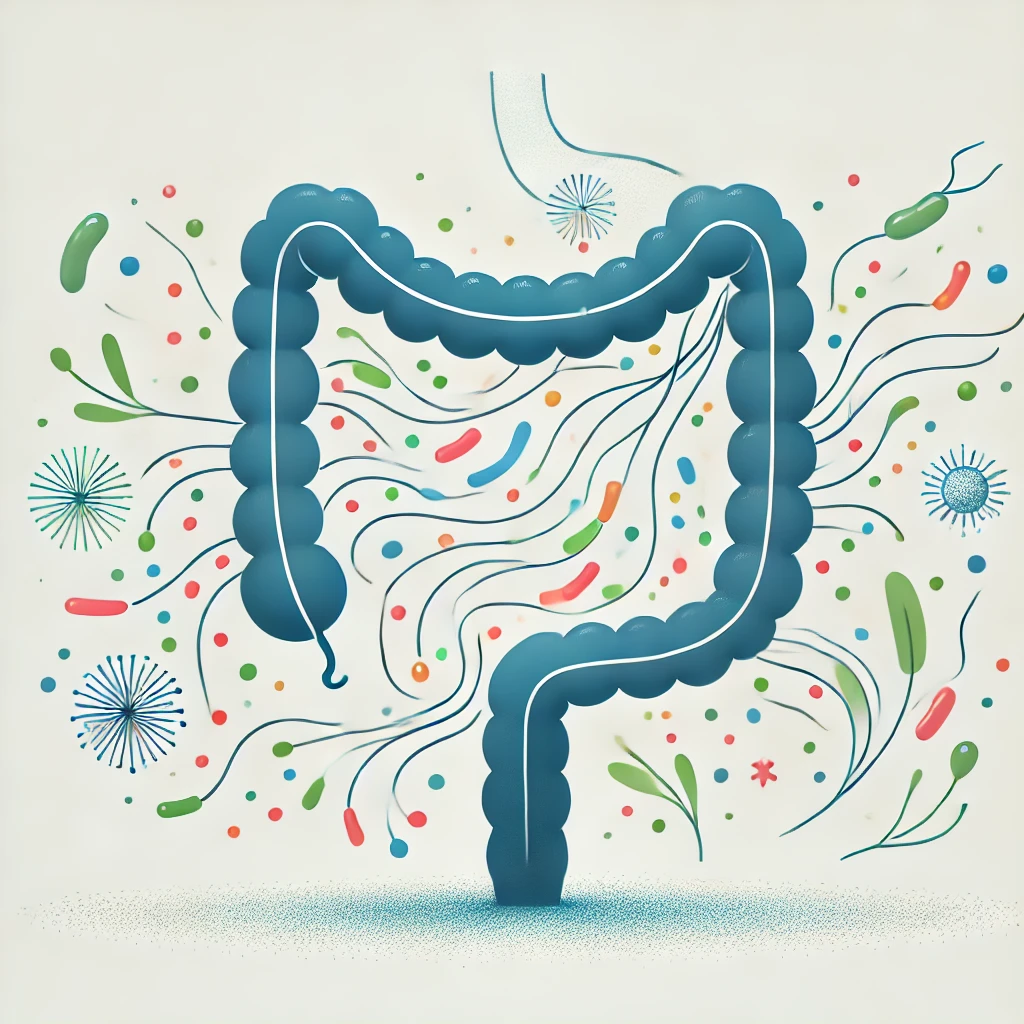Prebiotics are non-digestible complex carbohydrates that are fermented by the gut microbiota, especially in the large intestines. They lead to changes in the microbiota and the body’s physiology through metabolites. These metabolites are created during the fermentation process in the intestines. Examples of such metabolites include short-chain fatty acids and peptidoglycan. Some of these metabolites cross the gut barrier and diffuse into the bloodstream, which affects distant organs.
According to the 6th meeting of the International Scientific Association for Probiotics and Prebiotics in 2008, prebiotics are defined as follows:
Dietary prebiotics are selectively fermented ingredients
That result in specific changes
In the composition
and/or activity
Of the gastrointestinal microbiota
Thus conferring benefits upon the host’s health.
Criteria for classifying compounds as prebiotics:
- It should be resistant to the acidic pH of the stomach.
- It can’t be hydrolyzed by mammalian enzymes.
- It shouldn’t be absorbed by the gastrointestinal tract.
- It can be fermented by the intestinal microbiota.
- It selectively stimulates the growth and activity of the gut microbiota.
- It improves the host’s health.
References:
1. Gibson GR, Scott KP, Rastall RA, Tuohy KM, Hotchkiss A, Dubert-Ferrandon A, et al. Dietary prebiotics: current status and new definition. Food Sci Technol Bull Funct Foods [Internet]. 2010 May [cited 2024 Sep 2];7(1):1–19. Available from: https://cir.nii.ac.jp/crid/1362825894580912768
2. den Besten G, van Eunen K, Groen AK, Venema K, Reijngoud DJ, Bakker BM. The role of short-chain fatty acids in the interplay between diet, gut microbiota, and host energy metabolism. J Lipid Res. 2013 Sep;54(9):2325–40.
